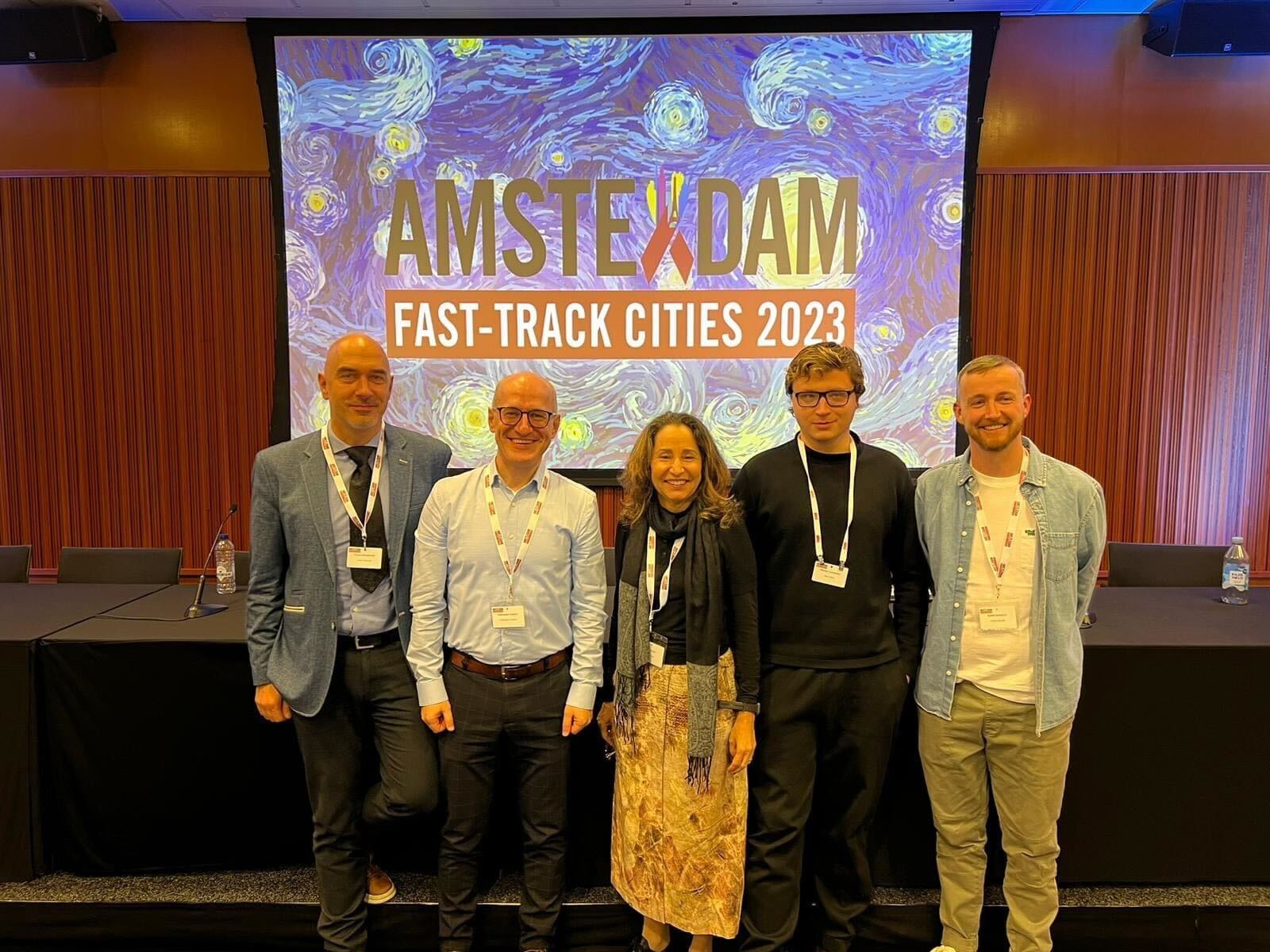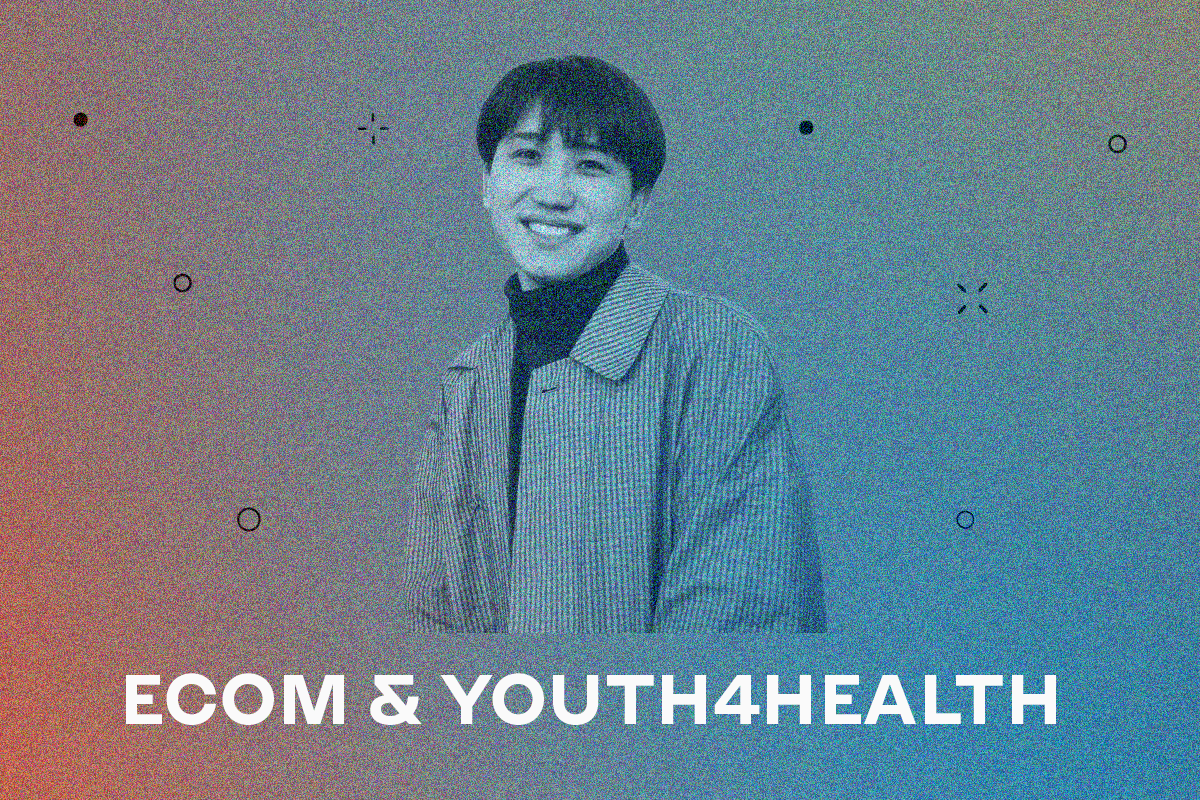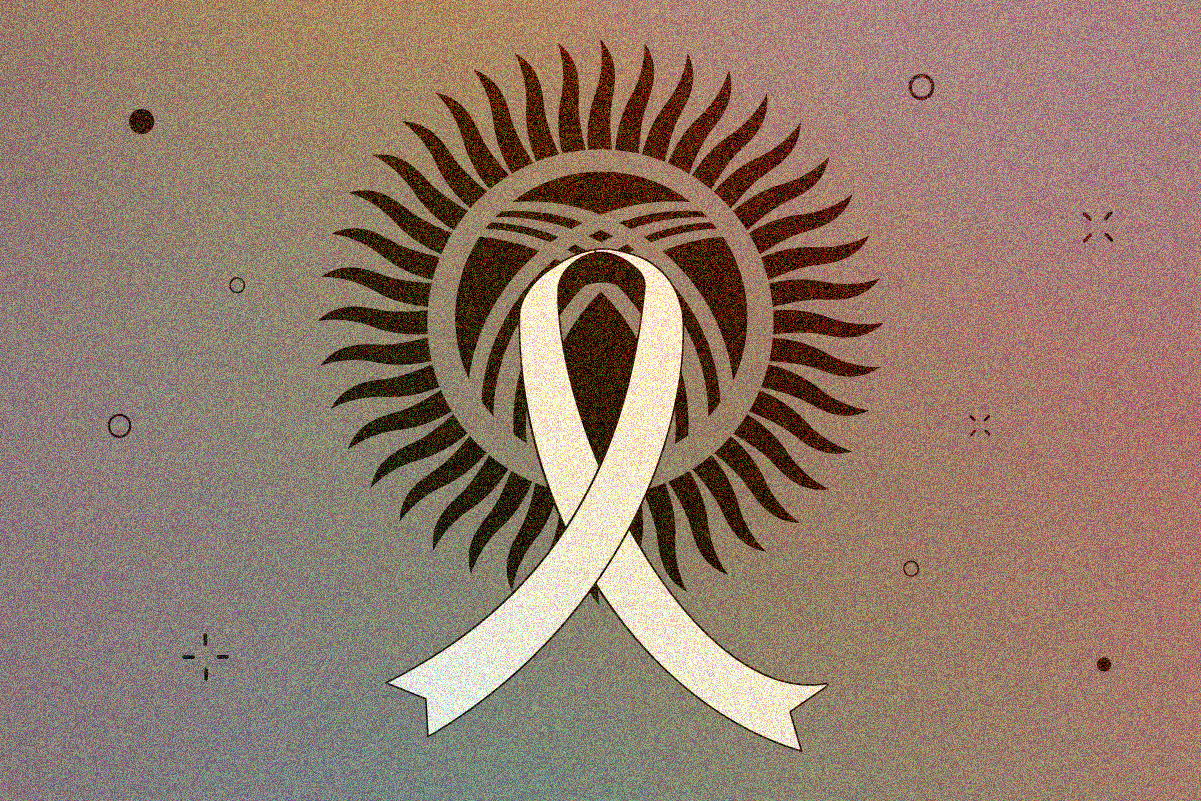One of the trainers for the event, Natalia Sidorenko, noted that in recent years, the topic of CLM has become more and more relevant, and rightly so: “At such trainings, communities increase their expertise and this helps them to advocate for the changes that they really need. Previously, monitoring could only be carried out by expert organizations with no connection to communities, and with no staff members from communities. This was wrong because they didn’t really understand the needs. Only the end users of the services, those who are the beneficiaries of the services, can provide high-quality feedback and evaluate their impact.”
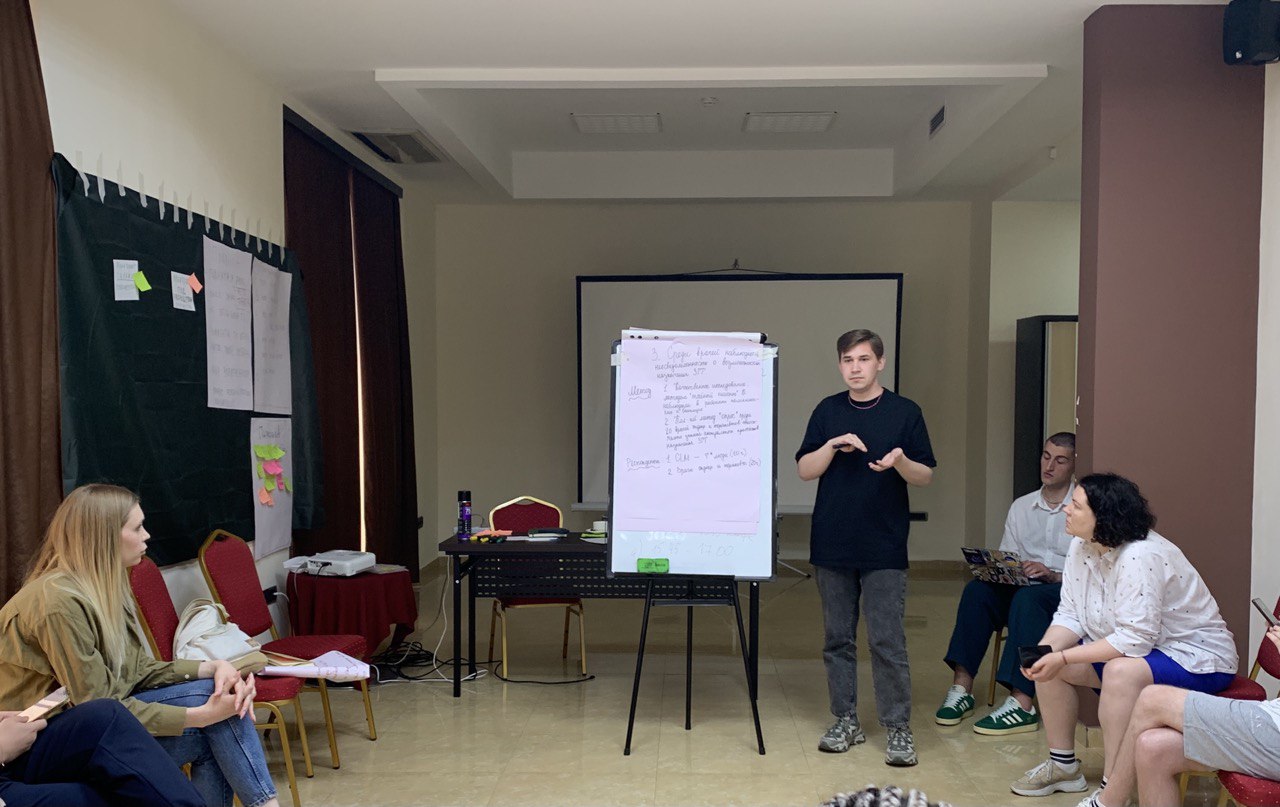
“Communities need to be given as many tools and as much knowledge as possible so that they can carry out CLM on their own, recruit appropriate professionals, and talk to them as equals. These studies should be adequately funded so that researchers can choose the most appropriate monitoring tool. Unfortunately, there are often limitations on financial and human resources. Our objective as regional networks is to try to work with officials and donors in order to receive more funding for such projects. And, so that decision-makers see and listen to this data and pay more attention to it,” said Maria Plotko.
Training participant Veaceslav Mulear, Coordinator of the health program for LGBT+ people at the organization “GenderDoc-M” in Moldova, notes the importance of the training for the region. “State bodies and officials always want proof. So we can use a monitoring tool to advocate for those needs for which we did not always have an evidence base. In addition, in the next Global Fund grant, there was a very important focus on community-led monitoring. This training is just in time for us to correctly implement this component in the next grant in order to achieve the goals of the community itself.”
“The quality of programs should be monitored and verified by communities. We at ECOM are interested in having communities themselves actualize the issues, and that they themselves are involved in the analysis and independently decide what results they want to use and how. We do not carry out monitoring for the sake of monitoring. We conduct monitoring to improve the quality of services. Therefore, we are holding a training, which is part of a large training cycle. All participants will be able to take part in a closed call for funding applications, in which they will be able to test one of the community-led monitoring methods,” said Elena German.
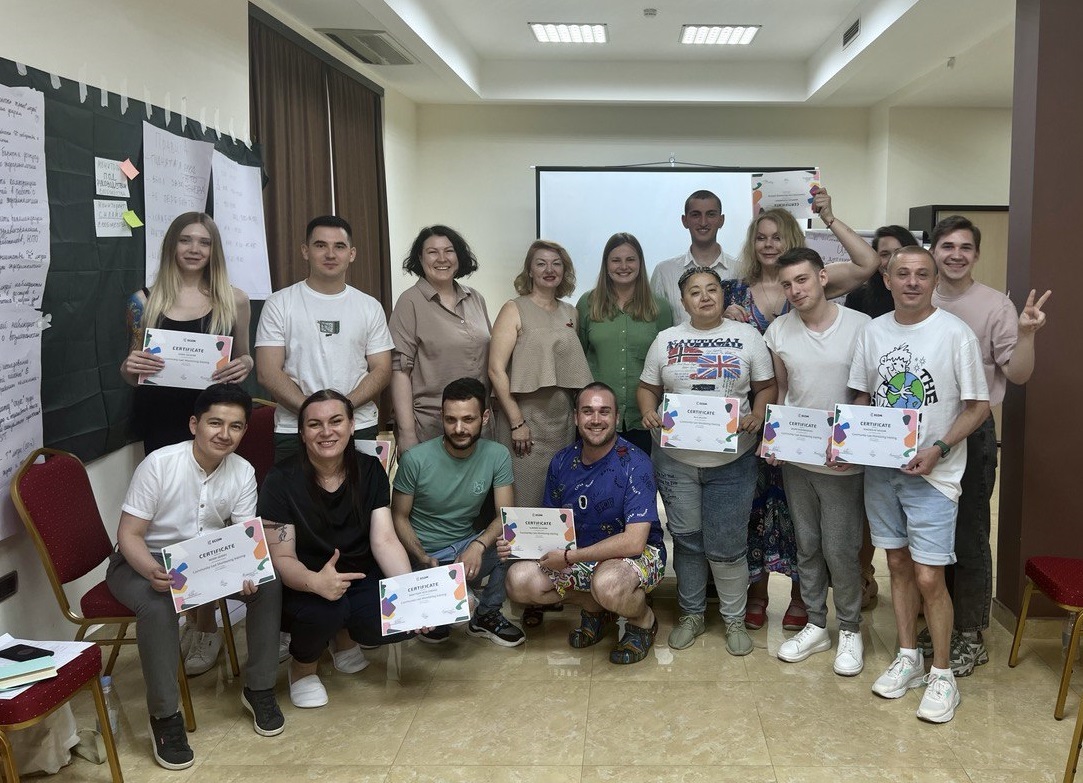
Sharing his impressions of the training, Rishat Azikhanov, member of ECOM’s Steering Committee, “Kyrgyz Indigo” from Kyrgyzstan noted: “Community-led monitoring is an important part of the process of effecting positive change and implementing effective interventions. ECOM members were given a unique opportunity to learn mechanisms for carrying out monitoring. CLM is about awareness of the significance, understanding where we are now and what we need to improve. Understanding what we want to achieve in the fight against HIV, stigma and discrimination, criminalization and internalized homo- and transphobia. And this is undoubtedly an effective tool for constructive dialogue with stakeholders.”

